Narendra Modi stepped into the Prime Minister’s Office in May 2014 with a promise of “Achhe Din” (better days). Eleven years later, India looks undeniably different. From the launch of flagship schemes like Swachh Bharat and Digital India to a globally assertive foreign policy, Modi's government has changed the narrative in many areas. But has that change been for the better—or simply louder?
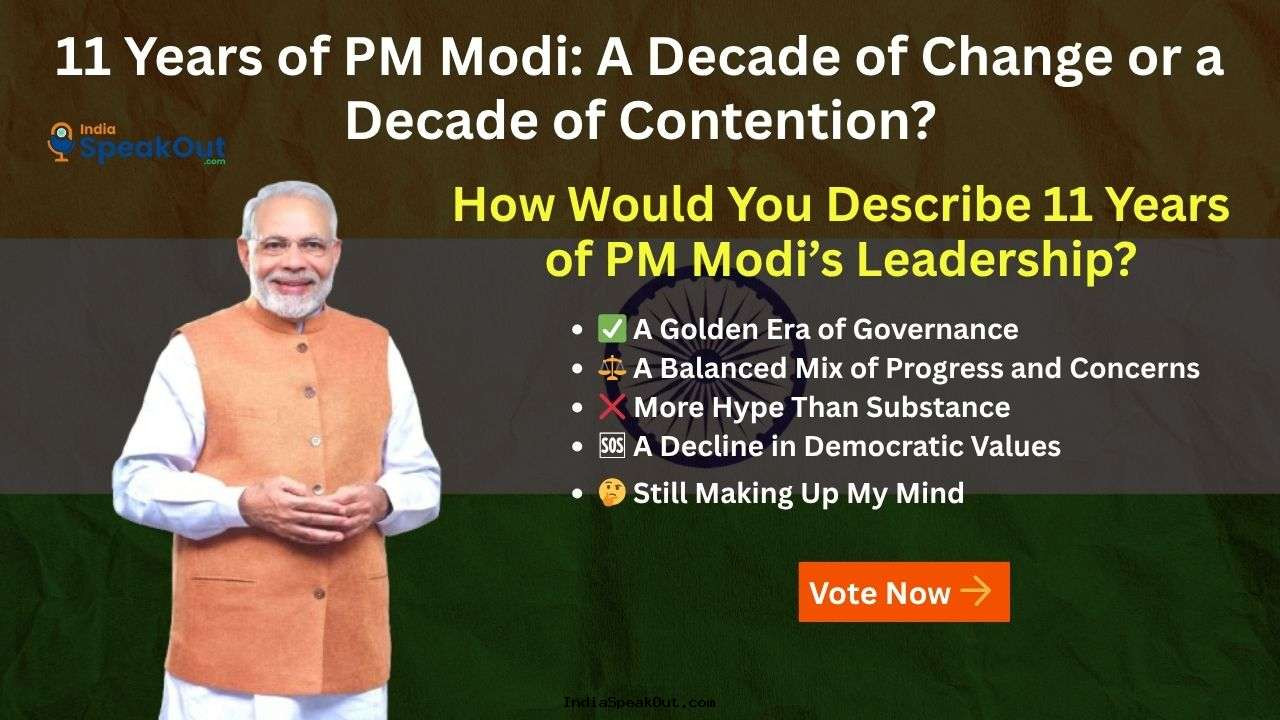
📈 The Achievements
Modi's supporters often cite a slew of achievements:
-
Infrastructure boom: From roads to railways to rapid electrification.
-
Social schemes: Ujjwala Yojana for LPG, Jan Dhan for banking the unbanked, and Ayushman Bharat for healthcare.
-
Digital transformation: Aadhaar-linked services, UPI, and Digital India initiatives have changed how India functions.
-
Global clout: India’s international standing has arguably never been stronger, from G20 leadership to strategic ties with the US and others.
🔍 The Criticisms
However, critics see another side:
-
Democratic erosion: Dissent, press freedom, and institutional independence have come under scrutiny.
-
Polarization: Religious and caste divides have reportedly widened, with concerns over minority rights.
-
Economic stress: While India is growing, job creation, agrarian distress, and income inequality persist.
-
Handling of dissent: From student protests to journalists being silenced, many worry about shrinking democratic space.
🔁 A Mixed Legacy?
It's clear Modi has reshaped Indian politics and governance, for better or worse. The “Modi era” isn’t just a political phase—it’s become a cultural and ideological transformation. Whether you cheer or fear it, ignoring it is not an option.
🗳️ Vote and see where others stand!
What do you think?
Do the benefits of PM Modi's leadership outweigh the drawbacks, or is the cost too high? Have your views changed over time—or are they more firmly held than ever?
👉 Share your thoughts in the comments. Whether you agree, disagree, or are still uncertain, your voice matters. Let’s keep the conversation civil, nuanced, and open.
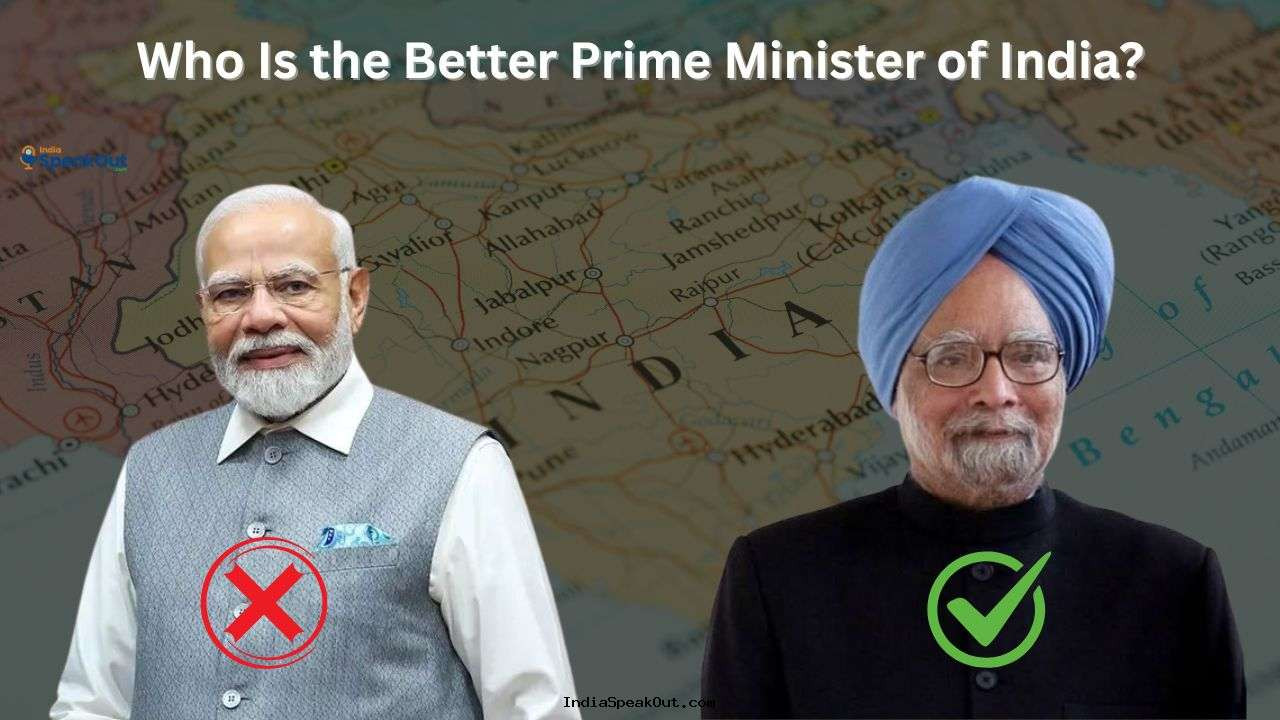
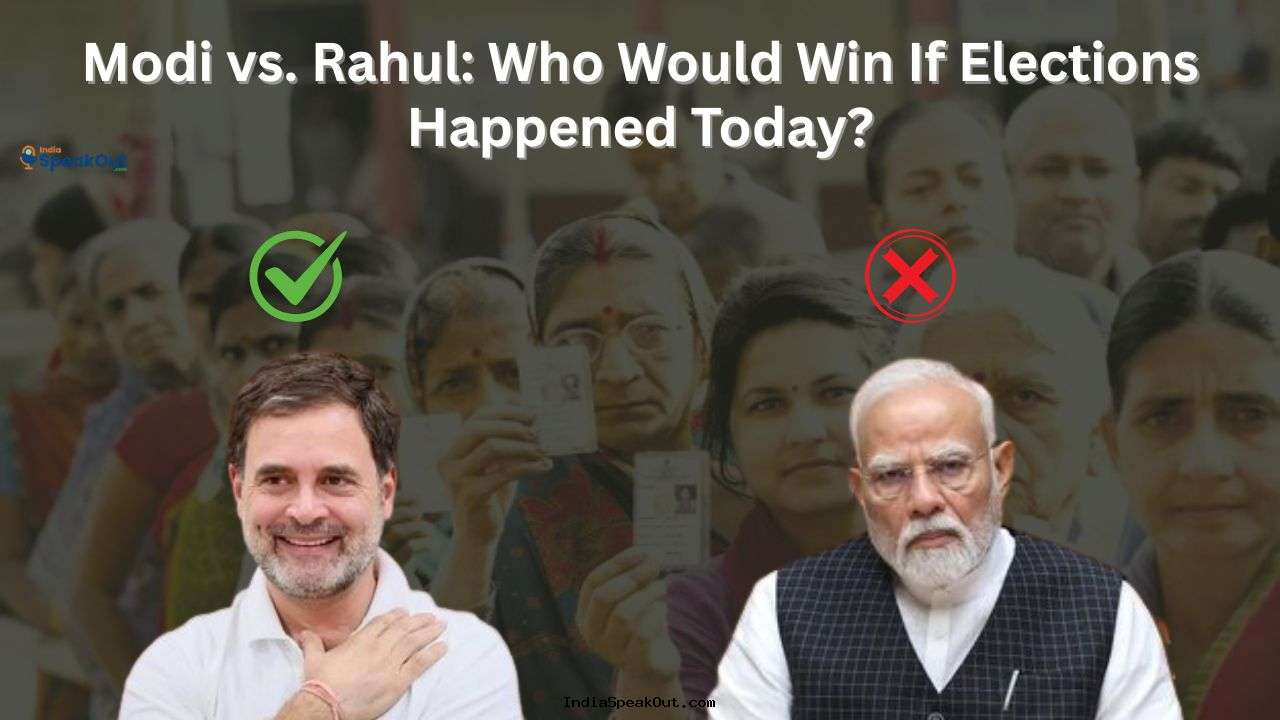
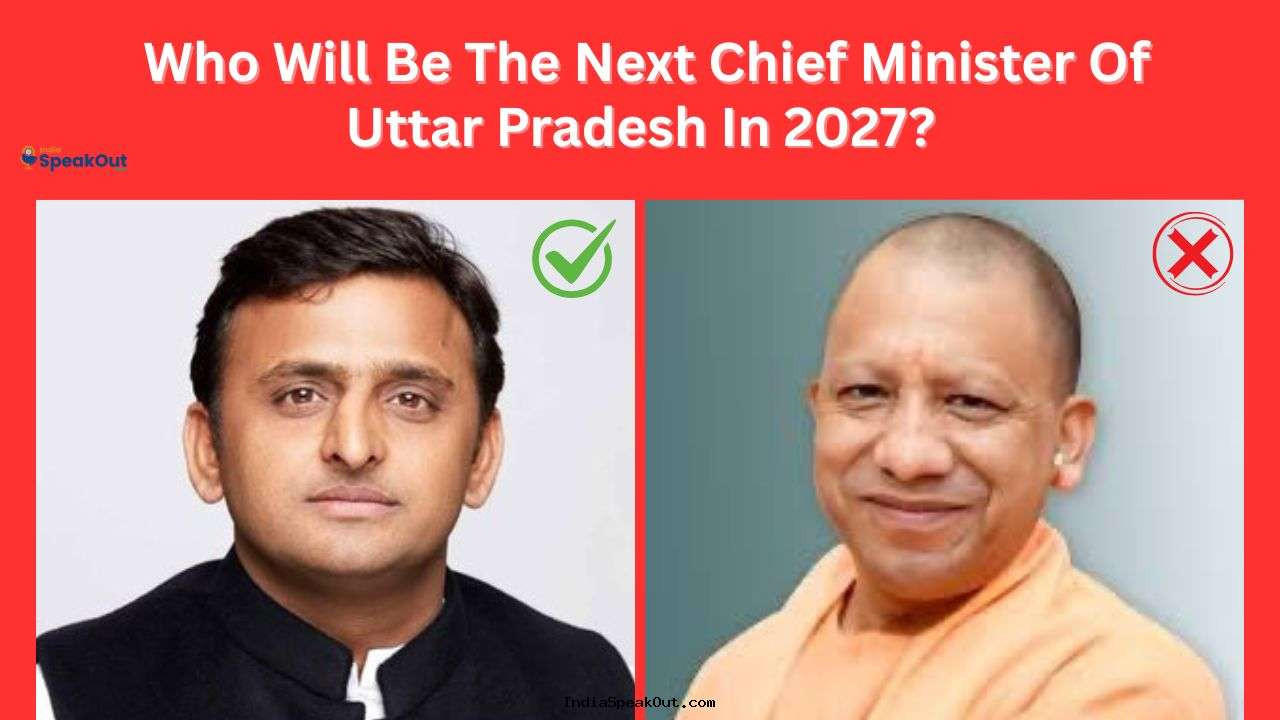
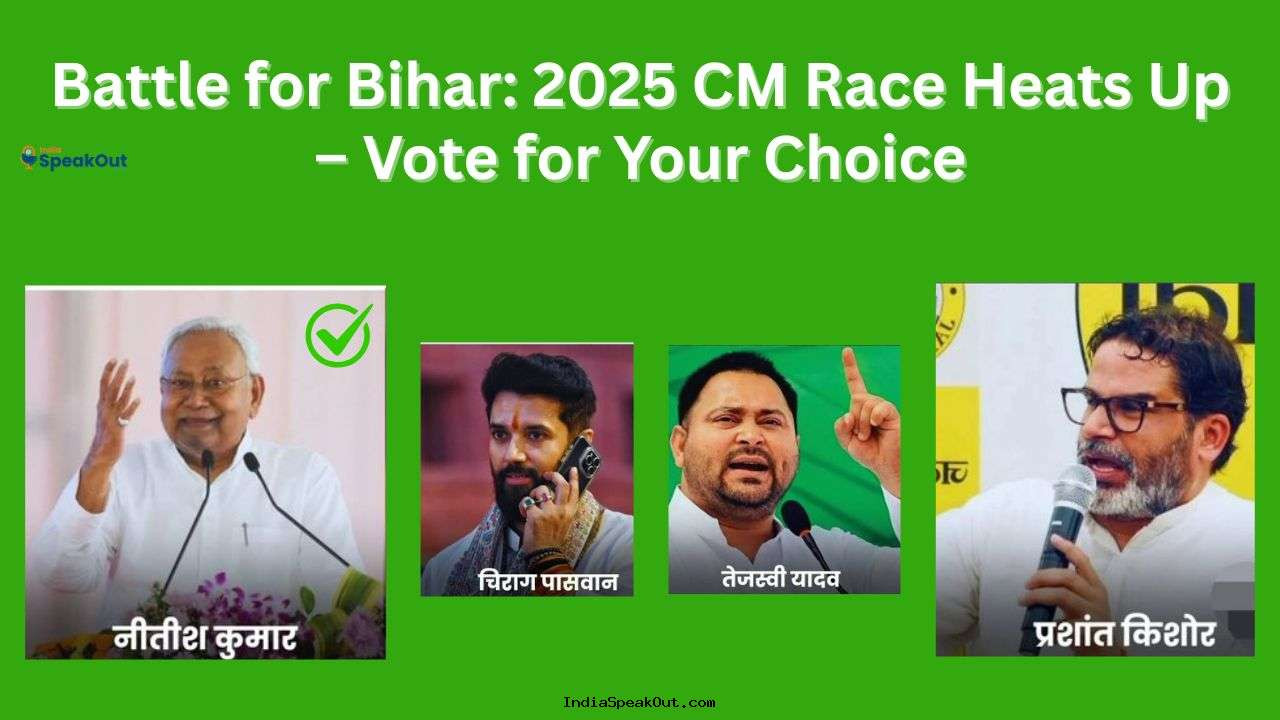
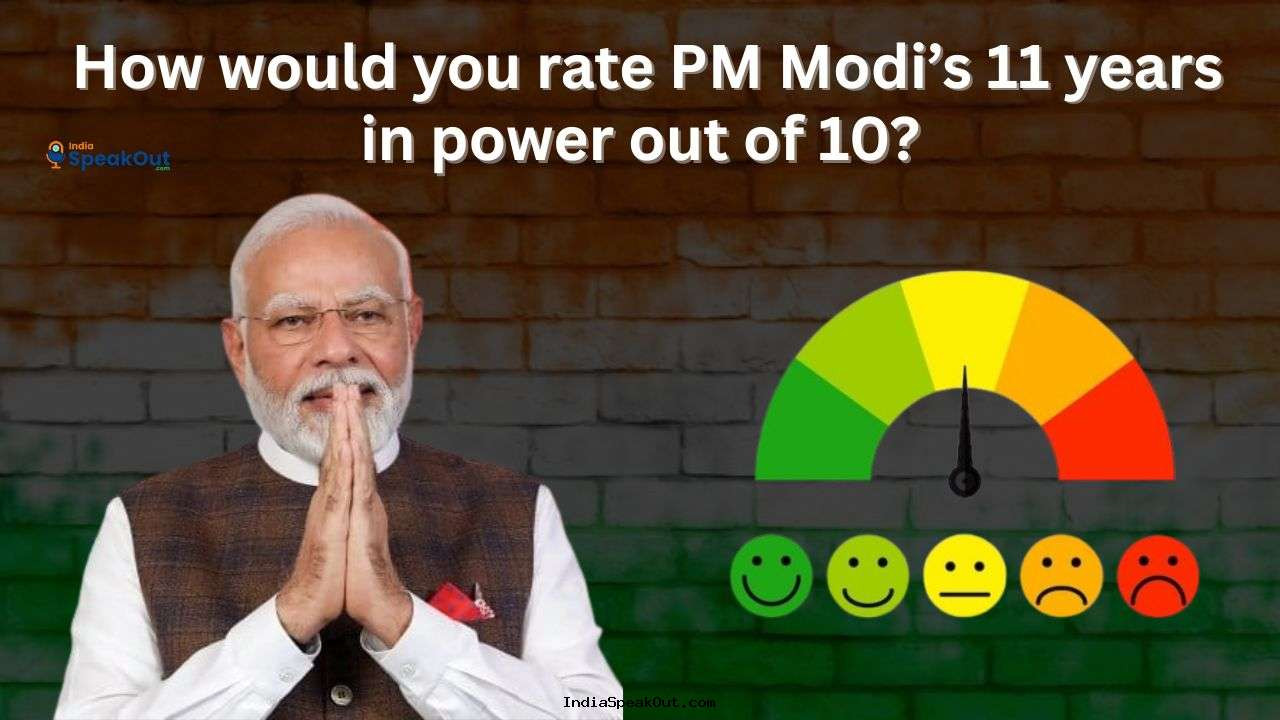
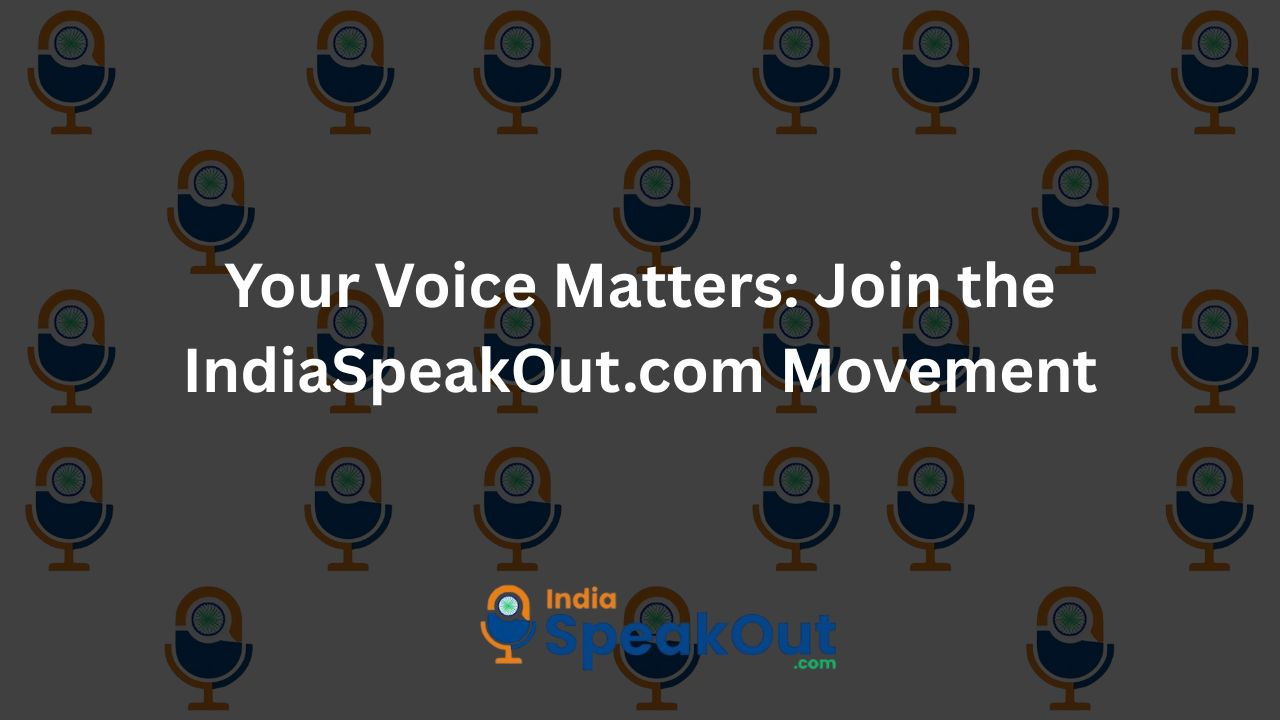
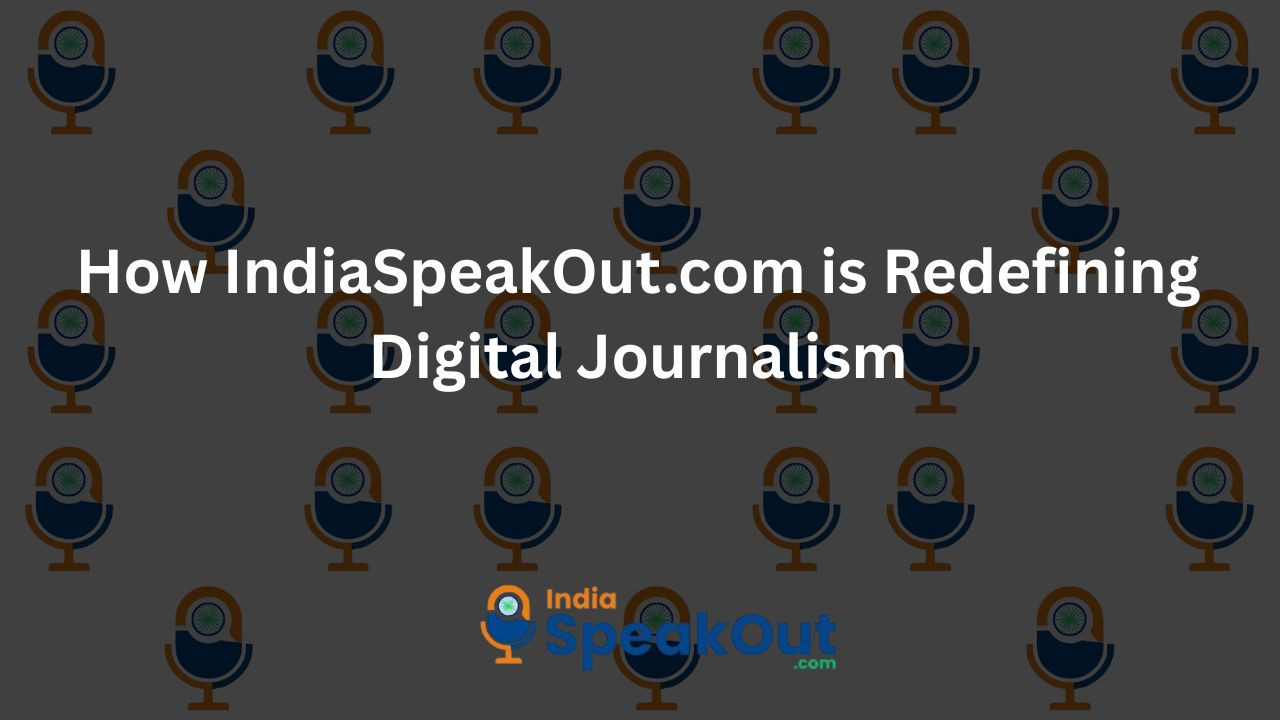
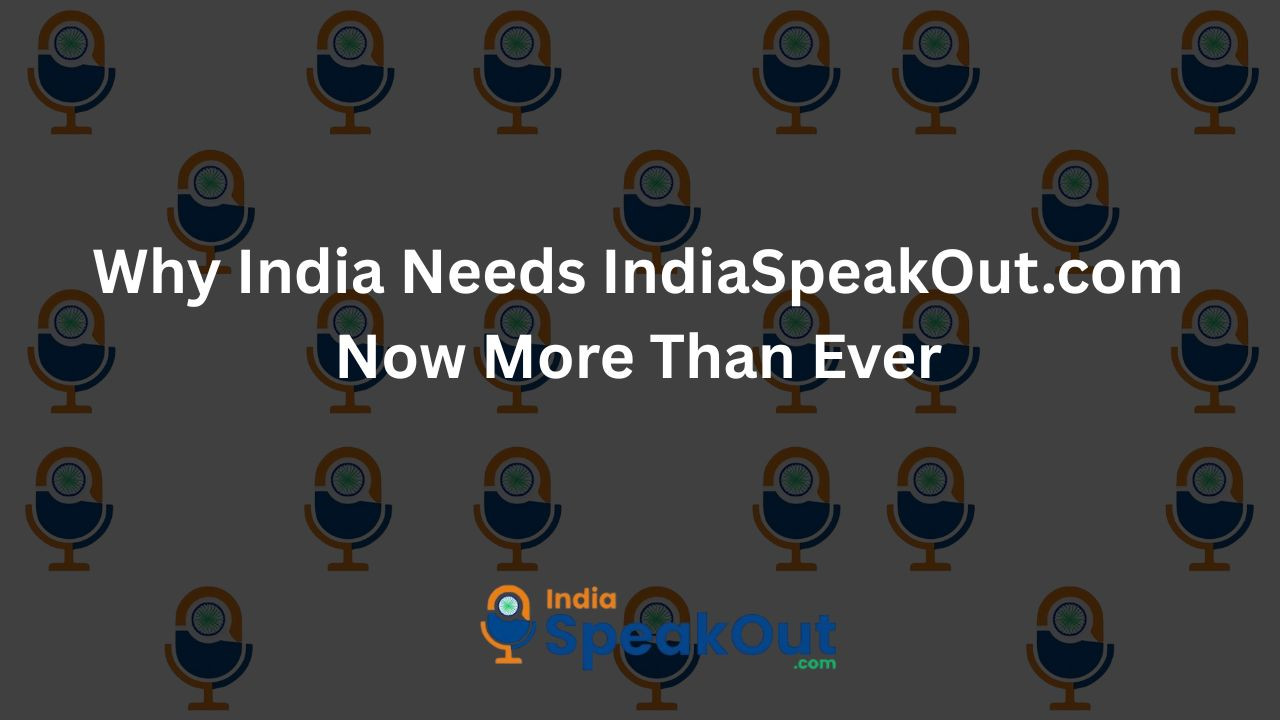
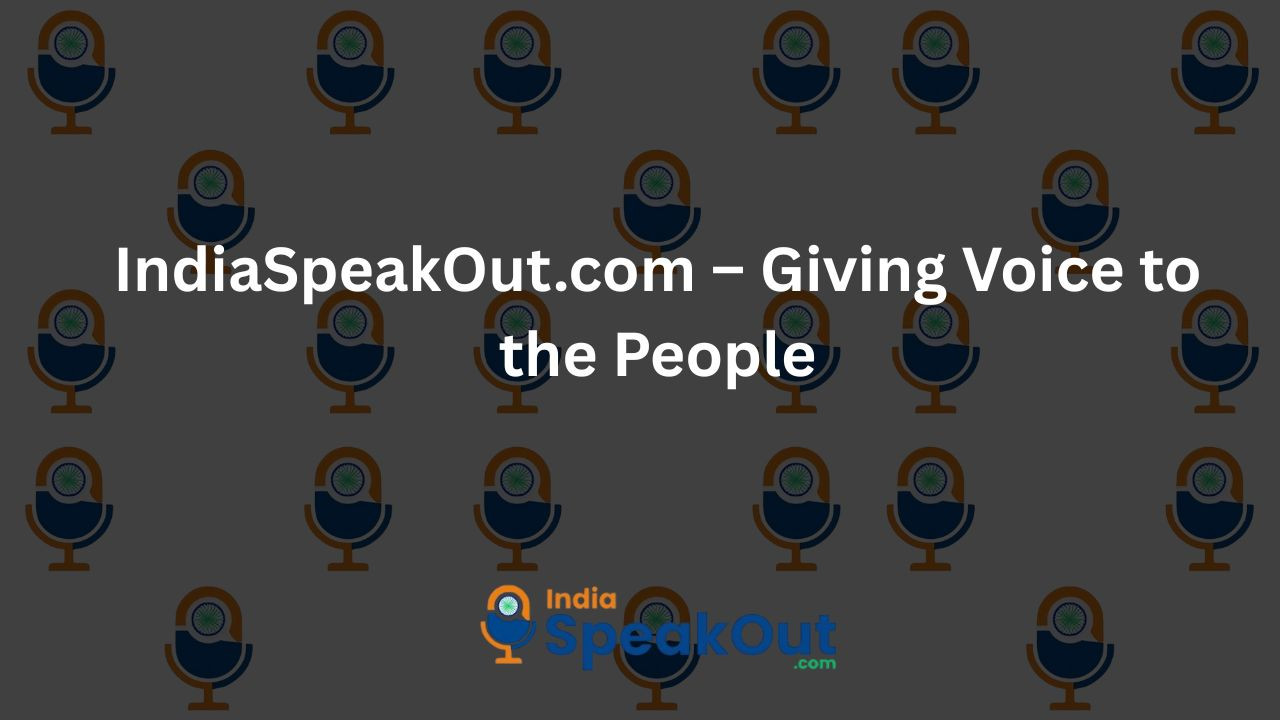

Comments(0)